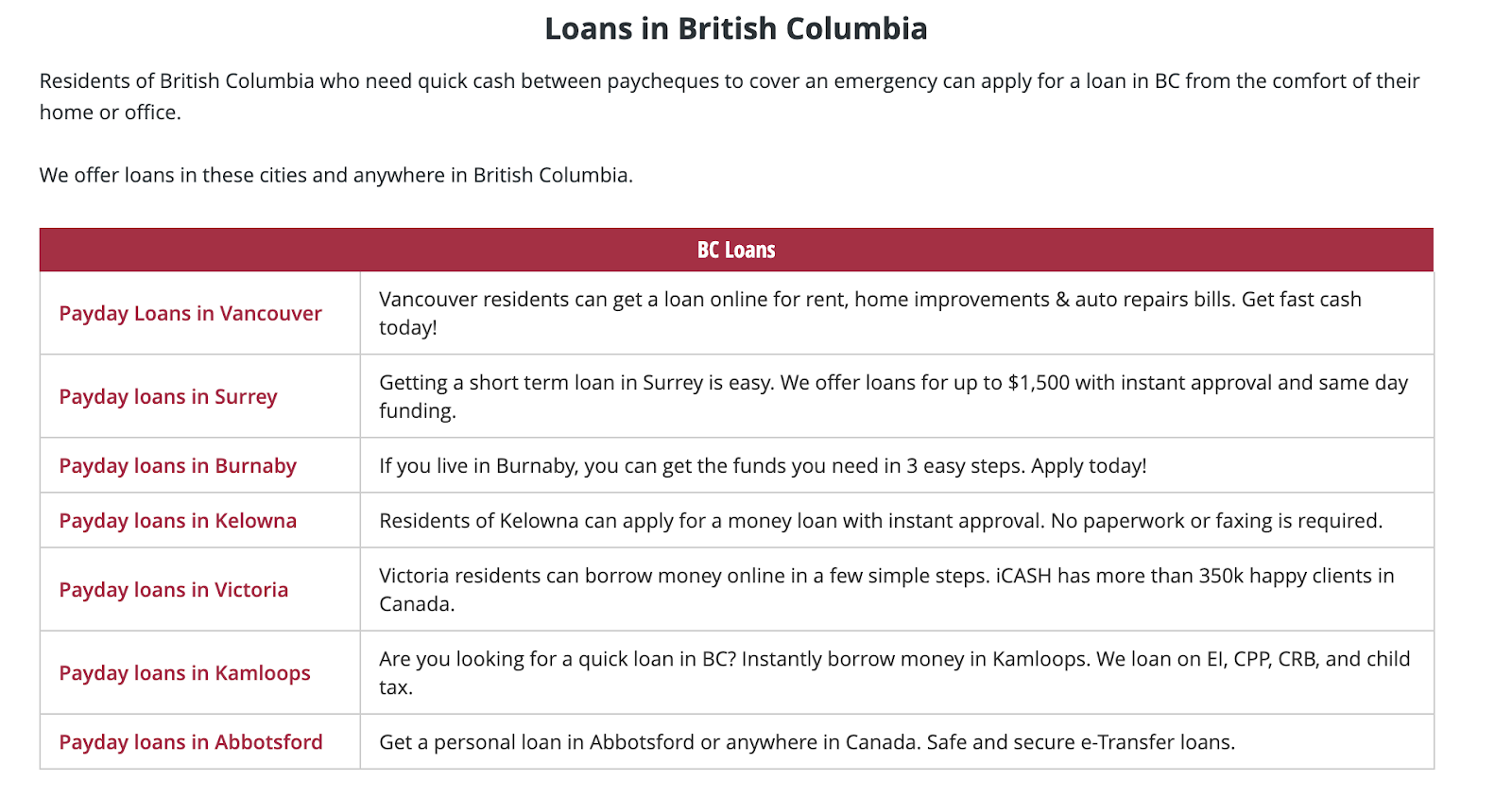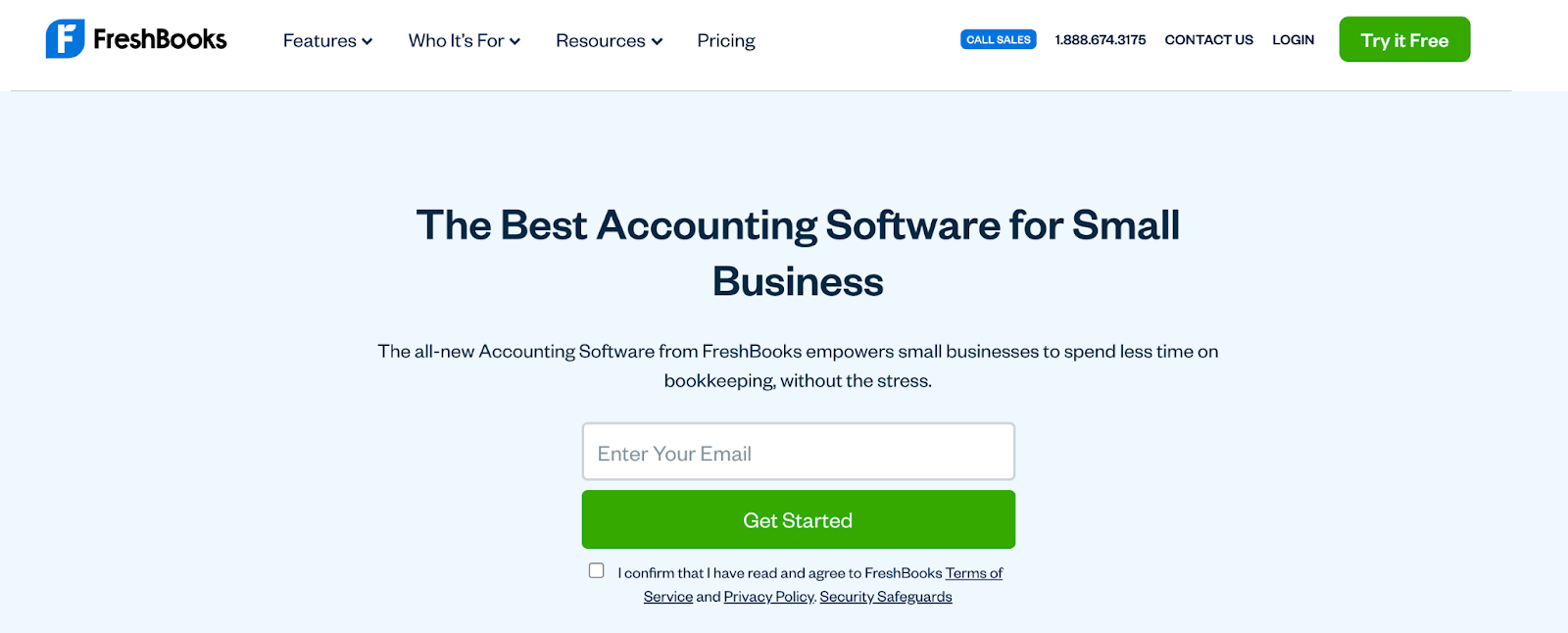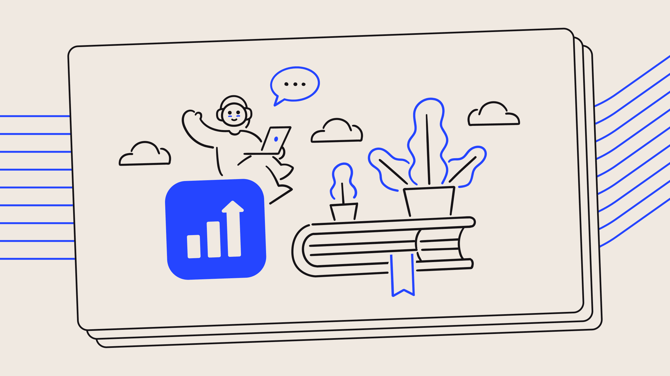Targeting the right keywords should be an essential part of any search engine optimization (SEO) strategy. These are words and phrases you should include in your content to give Google and other search engines a better understanding of what your website is about.
When you weave keywords into your website’s copy, you’ll improve your chances of ranking for related queries on the search engine results pages (SERPs).
This also applies to your online training platform. On Didacte, courses titles, descriptions and details are all referenced on Google, meaning you could attract qualified customers straight to your platform with the proper SEO strategy.
Buyer intent keywords can help you draw in the right traffic and lead to more sales for your business! In this article, we will outline what high buyer intent keywords are and how you can use them to boost your SEO.
Let’s get started.
What are high buyer intent keywords?
High buyer intent keywords are search queries that indicate someone is actively looking to make a purchase. In other words, they’re at, or close to, the buying phase of the customer journey. Businesses and eCommerce websites must target these keywords — this will help attract people looking to buy sooner rather than later, helping you increase your sales.
To give you some inspiration, let’s look at a few different types of buyer-intent keywords.
Buy now keywords
If someone is looking to purchase an item online right away, they’ll typically use a phrase like “buy [product name].” So, when conducting your keyword research, you should look to target these on the likes of your category and product pages.
If you have an online training program, the formatting will be similar. It might not have the word “buy” in it, but generally, it will be worded along these lines:
- [topic] training online
- Online training for [topic]
- [topic] online course
These phrases indicate that the searcher is getting ready to sign up for a training course.
Let’s take a look at an example of buy now keywords being used on a website to demonstrate what we’re talking about.

Doors Plus, an Australia-based door store, targets and ranks for buy now keywords like “buy doors,” “buy doors online,” and “buy door.” This gives Google more context about what they offer and will ensure people looking to make a purchase are sent to this page of its website and find what they need.
This is a tactic that most eCommerce businesses should replicate for the best results.
Product search keywords
Users that know there are potential solutions to their problems will use a product keyword. These are terms like “best [product type],” “[product type] near me,” or “[product type] in [city].” These searches show that someone is preparing to make a purchase, and they’re actively researching to find the product that is right for them.
Again, for an online training program, the phrasing will be similar, focusing on the best program available. Look for phrases like:
- Best [topic] training program near me
- Best [topic] training program
- Training program for [topic]
These keywords indicate that a searcher is looking for the best training program to suit their needs.
Let’s take a look at how one business uses product search keywords to inspire you.

iCASH, a financial services company, targets product search keywords on their web page for loans in British Columbia. And they rank for a number of them, like “online loans BC” and “loans in BC.”
People who search these terms are likely trying to choose a company to borrow from, so the keywords indicate high buyer intent. As you can see in the image above, they weave these keywords into their titles and specific headers, which you should also aim to replicate with your keywords.
Informational keywords
Informational keywords have a lower level of buyer intent but still play a critical role in the buying process. People will use them when they’re looking for information about how to solve a problem they’re having.
For an online training program, searchers will likely be focused on how they can improve their skills. These keywords will be phrased along these lines:
- Training needed for [topic]
- Skills needed for [job/career]
- Certifications required for [job/topic]
Let’s study a business that has incorporated informational keywords into its service page to show how these can be used effectively.

FreshBooks, an accounting software provider, targets and ranks for informational keywords including “easiest accounting software for small business” and “best cloud accounting software for small business.”
People using these terms are looking for more information about the best way to solve their problem — this means they’re getting ready to make a purchase, so you should look to use similar phrases on your website.
How can you find high buyer intent keywords?
With the right marketing tools and approach, you can identify the best high buyer intent keywords to target on your website. Here are some guidelines to follow for the best results.
Use a reputable keyword research tool
According to the Loganix SEO glossary, keyword research is “the act of locating and evaluating search words that people type into search engines.” Be sure to use a reputable keyword research tool like Google Keyword Planner, Moz, or Ahrefs to get the best information.
Then, start by coming up with words or phrases that best describe your product or service. Plug them into your chosen tool, and look for keywords that are formatted along these lines:
- “Buy [product/service]”
- “[Product/service] near me”
- “Best [product/service]”
- “Best [product/service] for XYZ”
Keyword phrases with these formats indicate that someone is getting ready to purchase a product or service like yours, meaning they have high buyer intent!
Conduct a Google search with keywords you’re considering
You must determine what Google considers a high buyer intent keyword — after all, it’s the search engine that’s most likely to be between you and your ideal customers.
So, before you weave keywords into your copy, type them into Google and see the results. Generally, words with high buyer intent will have multiple paid ads at the top of the results, include calls to action like “buy now” or “sign up today,” and have related searches at the bottom of the page that are commercial as well.
These are all signals that people searching for these phrases are looking to buy. In other words, targeting these keywords on your website can help you increase your sales.
Use A/B testing to identify the most effective keywords
Sometimes, you just need to try out different keywords to determine which are the most effective. This means that it’s a good idea to conduct A/B tests using different buyer intent keywords on your website. A/B testing tools like Google Optimize can help you create two different landing page variations with separate URLs and keywords.
Google says you should run your experiment until one or both of these conditions are met:
- Two weeks have passed, accounting for variations in web traffic
- At least one variant has a 95% probability of beating the results of your current web page
Google will show you which version is most likely to draw the right people to your website.
Your turn now!
Weaving high buyer intent keywords into your website copy is vital for attracting the right traffic. This article outlined how you can find the best high buyer intent keywords through keyword research, A/B testing, and more.
If you have a serious online training project, SEO and keyword research will most likely be great allies in your lead generation strategy. Make sure to optimize your course descriptions to increase your scoring!
Need more help? Check out the Didacte blog. They have articles on the customer buying journey, managing a small business, and more.
Discover, manage, and grow your team’s skills to unleash their potential and retain your rising stars.




